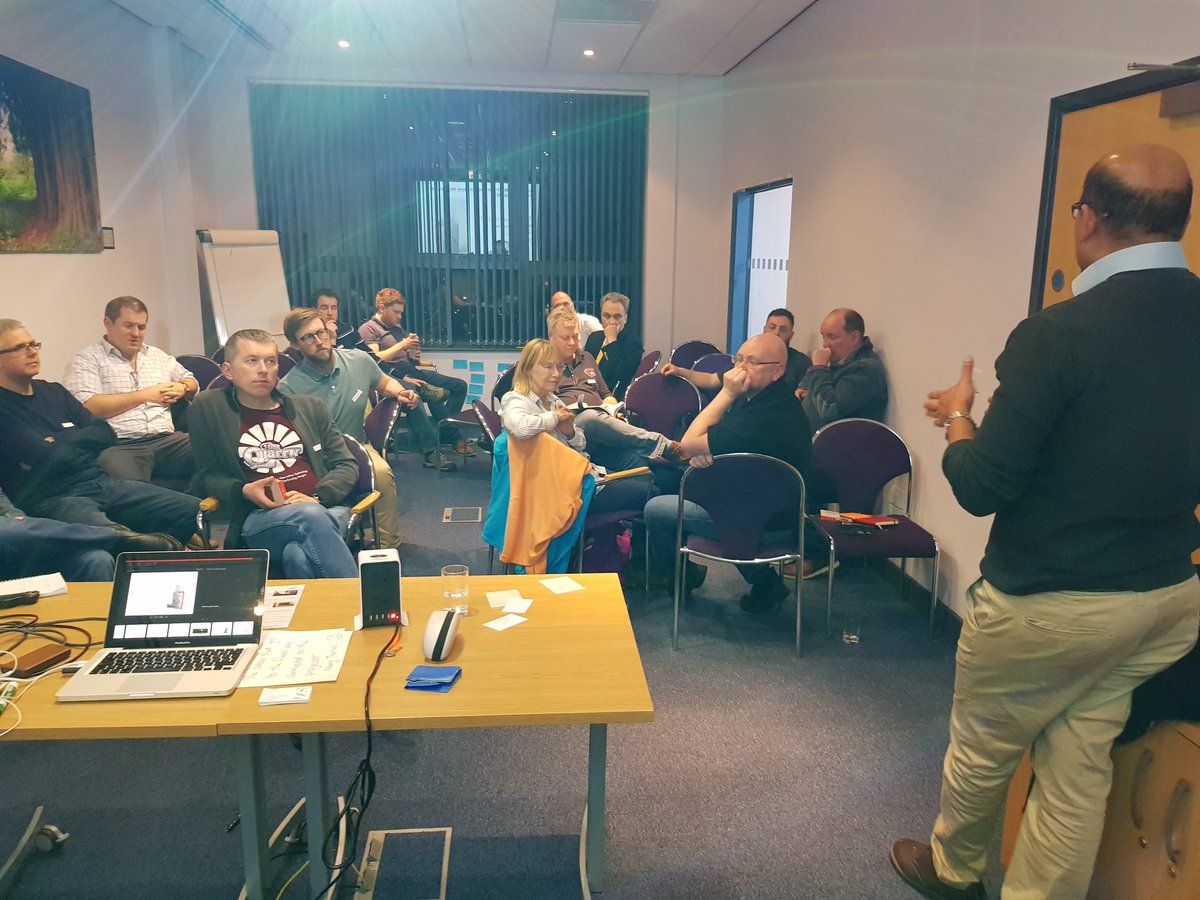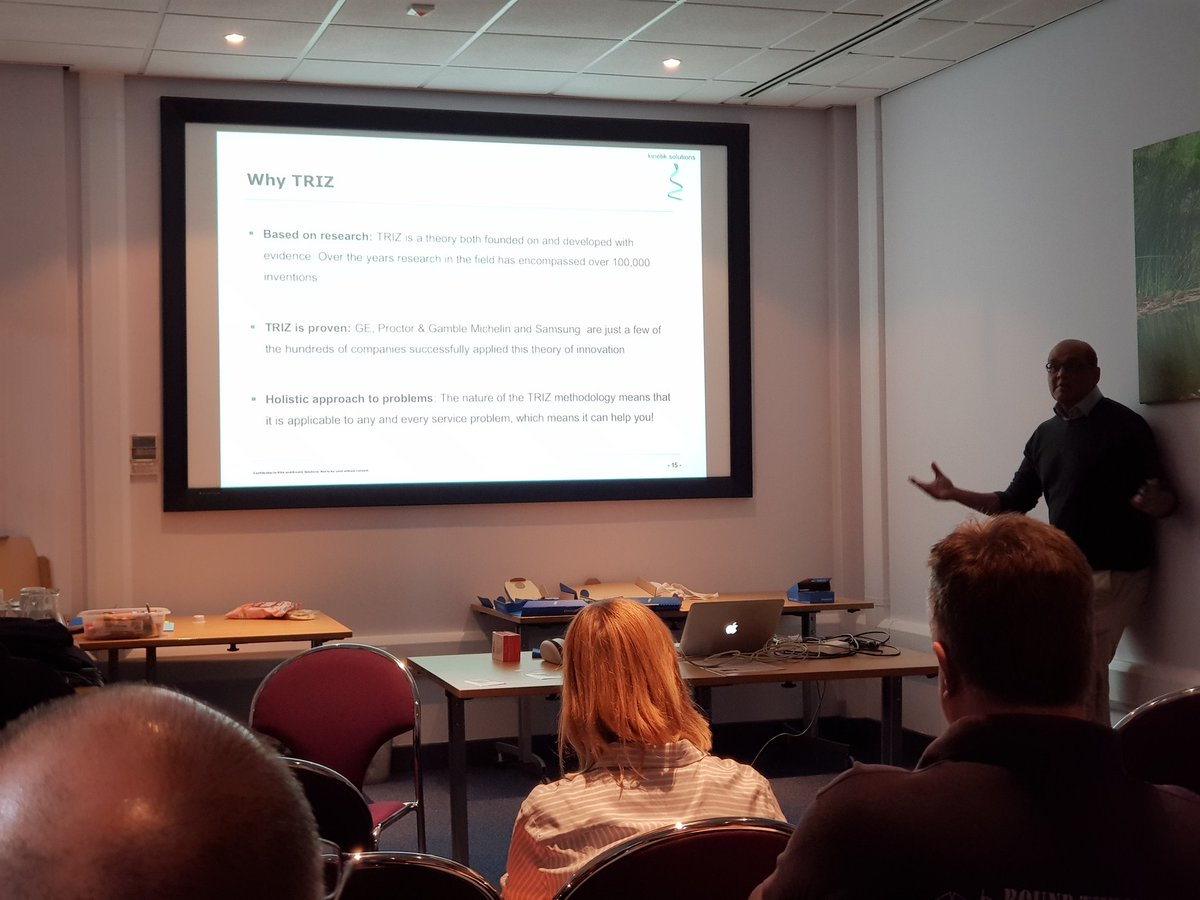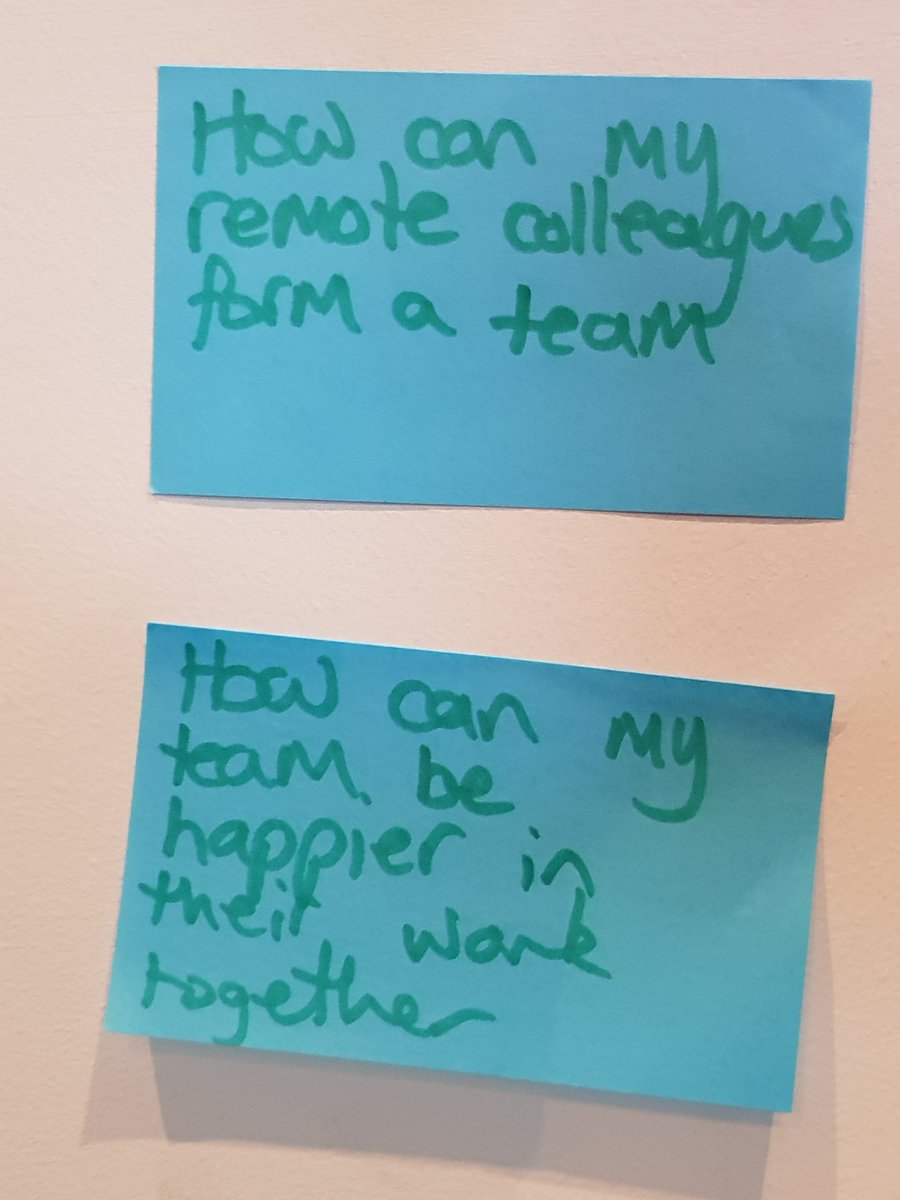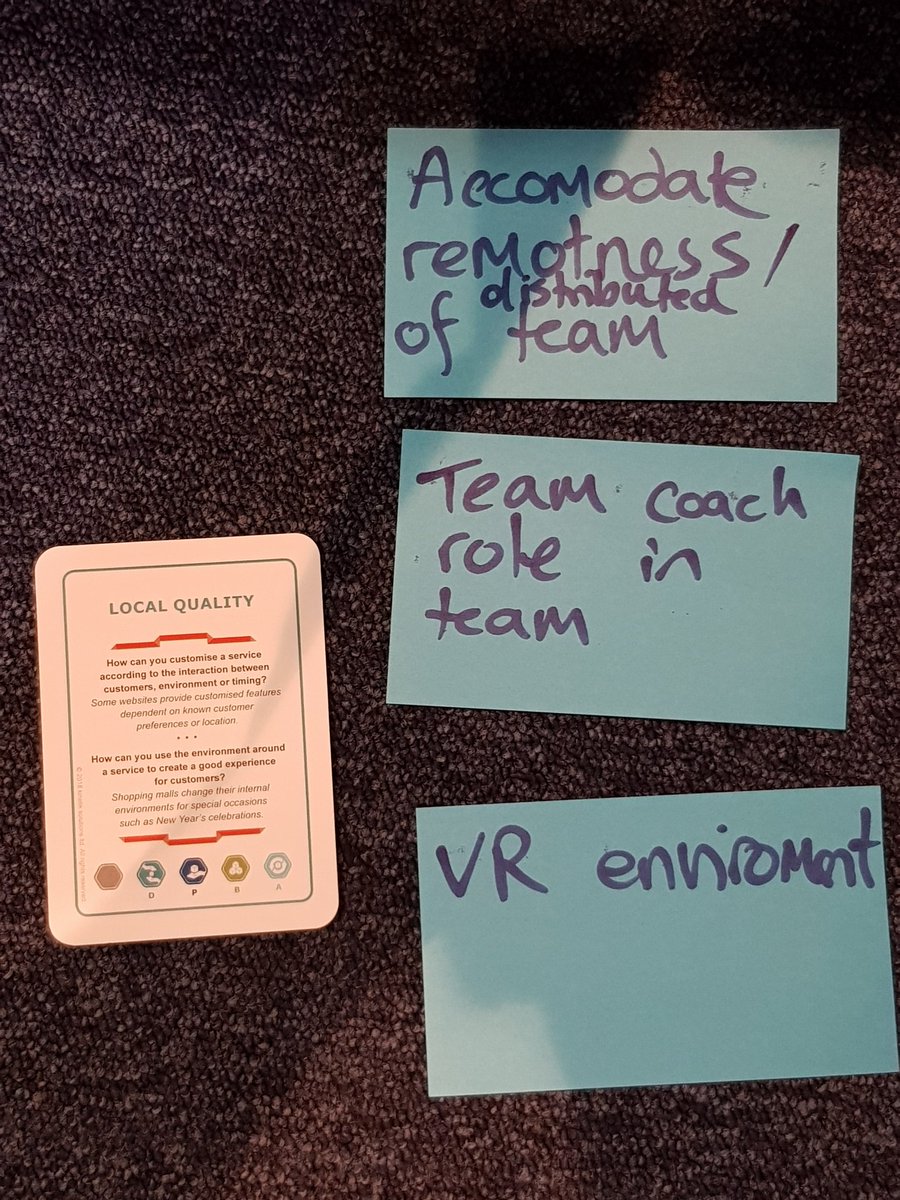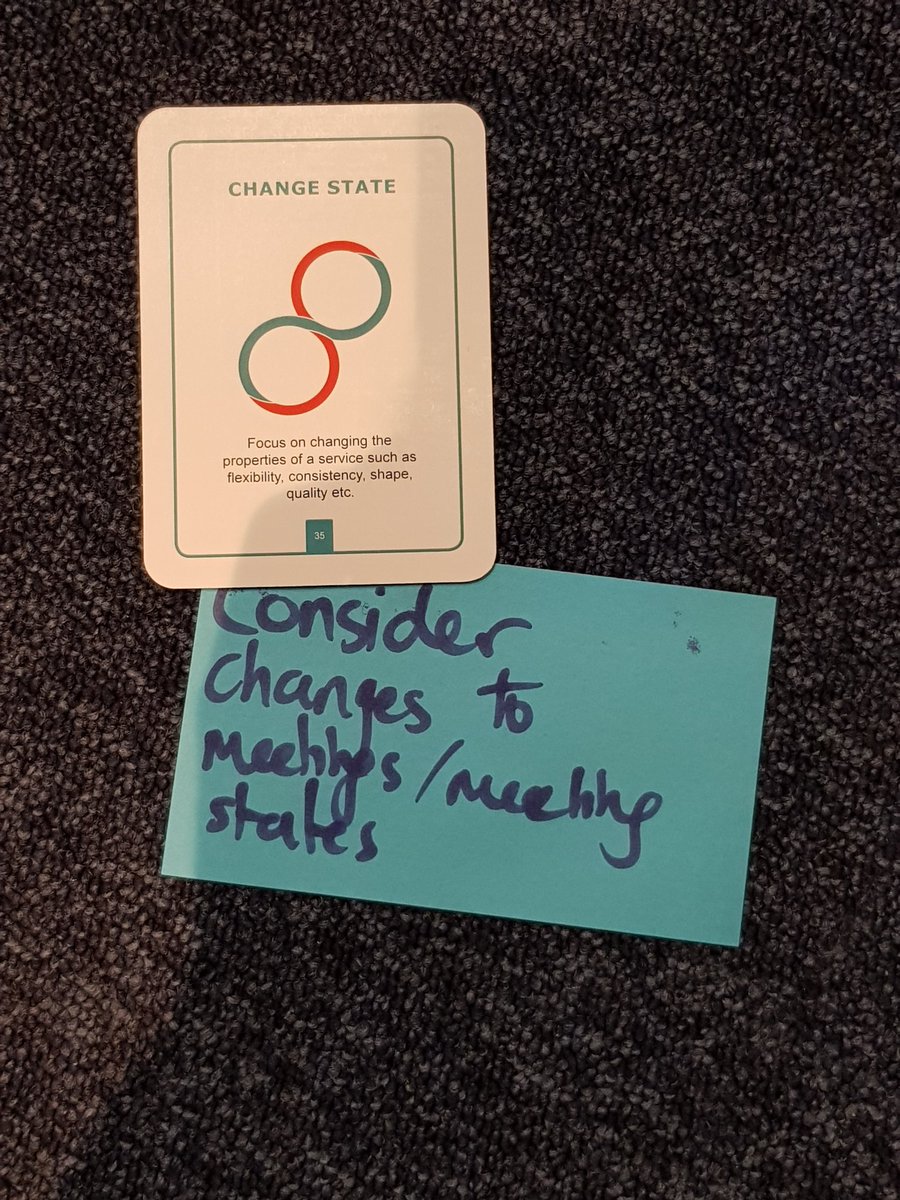Amber: I have been a Marxist since the 60s and 70. In that period, it was not unlikely to be queer and a commie. But once the movement professionalized or disappeared, it became more and more difficult to be a radical
Amber: I think it’s everything. I can’t say how critical I think it is. The situation we’re facing is terrifying.
Jasmine: restricted to citizens
Amber: No shit.







